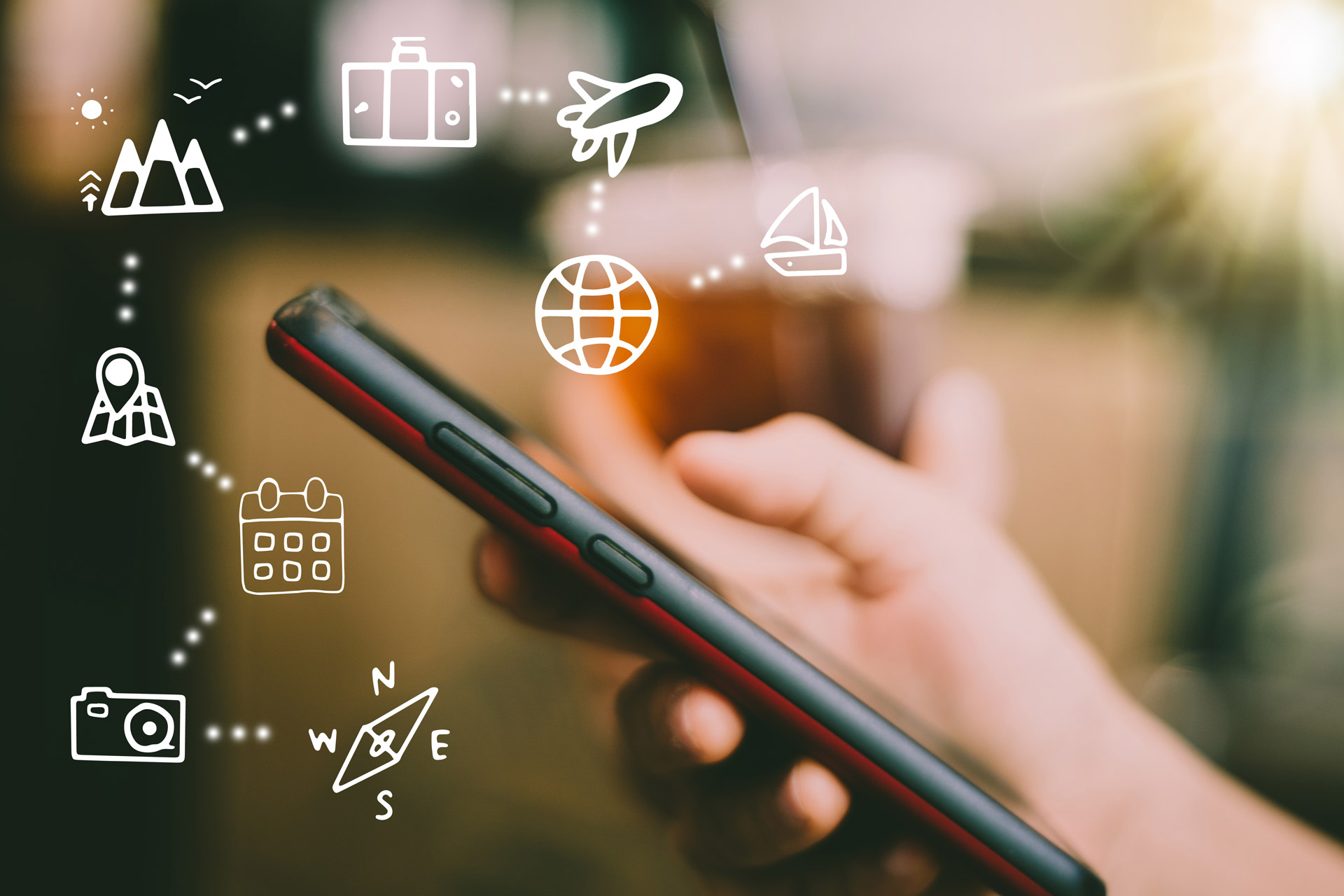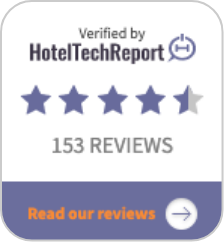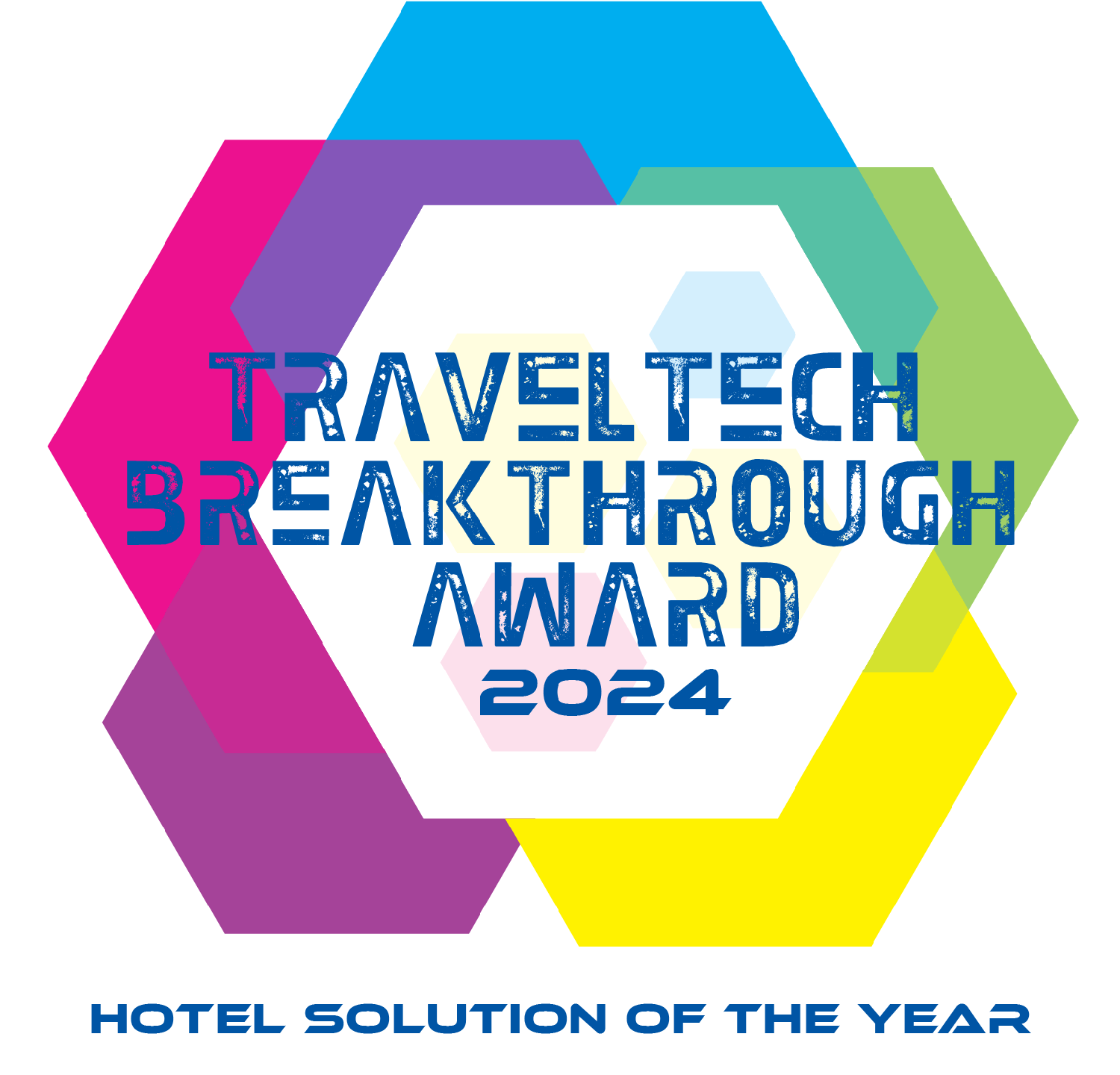In today’s fast-paced and highly competitive hospitality industry, having a robust Hotel Property Management System (PMS) is no longer a luxury but a necessity. Modern PMS solutions have evolved to address the complex needs of hotels, ranging from guest experience enhancement to operational efficiency. Here, we delve into the five key building blocks that are behind today’s most impactful hotel PMS.
One: Mobile and Cloud Flexibility
The goal of any PMS provider should be to enhance a hotel’s operations team with greater consistency and flexibility. Operators have also learned to embrace mobile technology, allowing them to run their properties without restrictions and access critical information or features on the go. Allowing for mobile flexibility improves worker response times and the quality of those responses, resulting in enhanced service quality and improved job satisfaction among workers. Hotels can take steps to reduce friction for hotel operators, leading to more stable turnover and raising the bar for awareness and training across a hotel or portfolio of properties. This strategy creates a warmer, hospitable atmosphere that allows hoteliers to lead their properties operationally with no restrictions.
Two: Automation
Automation is transforming hotel operations by streamlining routine tasks and enhancing efficiency. Modern PMS solutions integrate automation to handle tasks like sending booking confirmations, processing payments, managing room assignments, and even responding to common guest inquiries through chatbots.
This automation frees up staff to focus on more personalized guest interactions and complex problem-solving, improving overall service quality. Moreover, automation ensures consistency and accuracy in operations, reducing the likelihood of human error and enhancing the guest experience. By incorporating automation, hotels can operate more smoothly, provide faster service, and ultimately increase guest satisfaction and loyalty.
Three: Multi-Property Management
Having a PMS with multi-property management capabilities is essential for hotel chains and groups managing multiple properties. This functionality allows for centralized control and oversight of various locations from a single interface. It simplifies operations by standardizing processes across properties, ensuring consistency in guest experience and operational efficiency. It also enables comprehensive reporting and analytics, providing insights into performance metrics across the entire portfolio. This holistic view is crucial for strategic planning and making informed decisions that drive growth and profitability.
Four: Data Freedom Between Departments and Platforms
One of the most common challenges hoteliers face today is the limitations that often come with sharing data with the PMS and other departments. A modern cloud PMS leverages instant mobile communication and open APIs to break down data silos between hotel departments and technology platforms, ensuring seamless data flow and staff communications.
Mobile communication can dramatically improve coordination between the front and back of the house. For example, when a guest requests room service, the front desk can immediately notify the kitchen, and housekeeping can prepare the room for any specific guest preferences. Similarly, instant room status updates can alert the front desk when new rooms become available for early check-in, or help housekeeping avoid awkward early morning interruptions.
Open APIs facilitate near-real-time data transfer between platforms, creating the foundation for a more streamlined and personalized guest experience. For example, integrating mobile check-in with a keyless entry system and a digital payment gateway can deliver a completely staffless and friction-free guest welcome, while comprehensive guest profiles, preferences, and payment data can be leveraged to create a more tailored and memorable stay.
Five: Upselling Capabilities
Upselling is a powerful tool for increasing revenue and enhancing the guest experience. A sophisticated PMS with built-in upselling capabilities can suggest upgrades and additional services to guests during the booking process or their stay. For instance, cloud PMS systems can send targeted offers for room upgrades, spa packages, or dining experiences directly to a guest’s smartphone, increasing convenience and conversions
Additionally, attribute-based selling allows guests to customize their stay by selecting specific room features, such as a balcony or high floor, enhancing personalization and satisfaction. Combining traditional upselling with attribute-based options drives additional revenue and creates a more tailored and memorable guest experience. Combining traditional upselling with attribute-based selling empowers hotels to create a more dynamic and engaging booking process. Guests appreciate the ability to tailor their experience, and hotels benefit from increased revenues and higher levels of guest satisfaction and loyalty.
Conclusion
The modern Hotel Property Management System is a cornerstone of successful hotel operations. By leveraging mobile and cloud flexibility, automation, multi-property management functionality, data freedom between departments, and upselling capabilities, hotels can enhance operational efficiency, provide exceptional guest experiences, and drive revenue growth.




